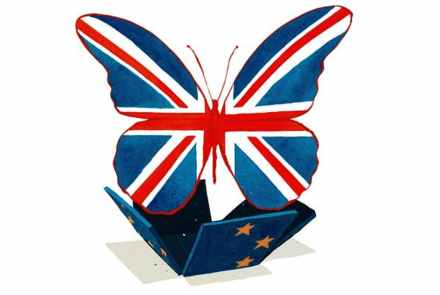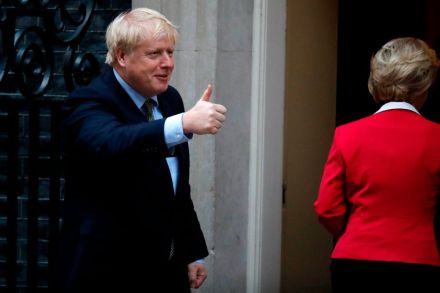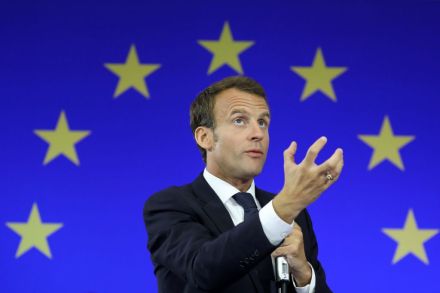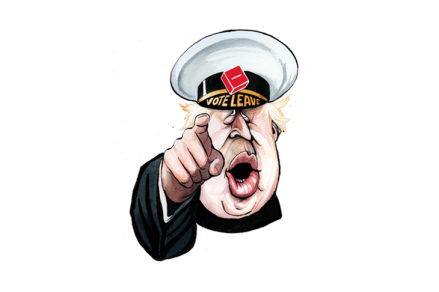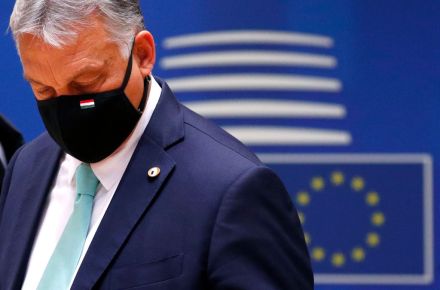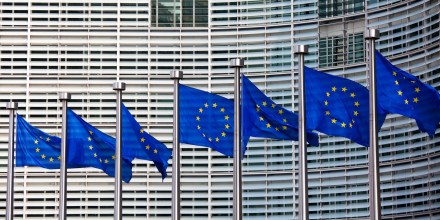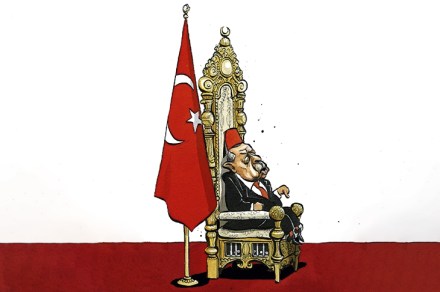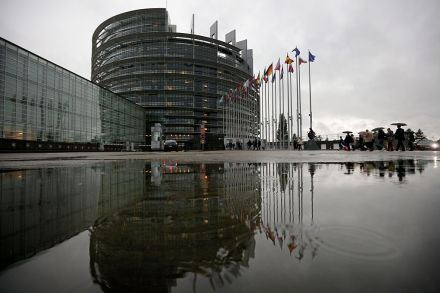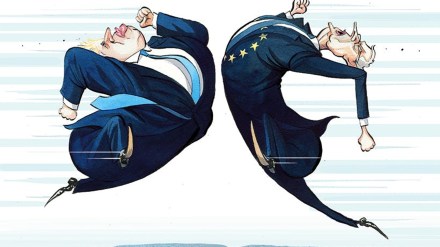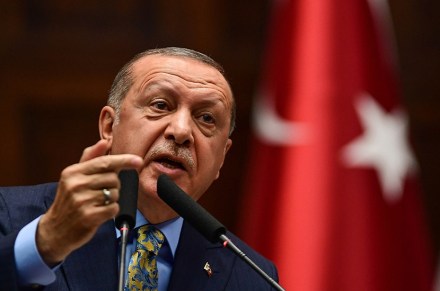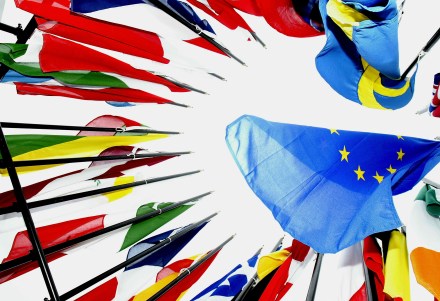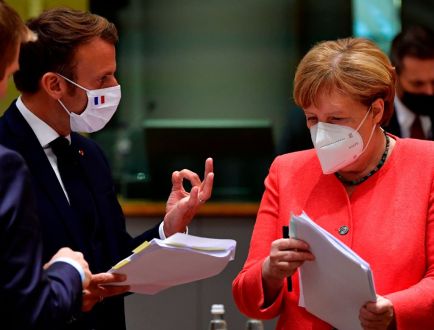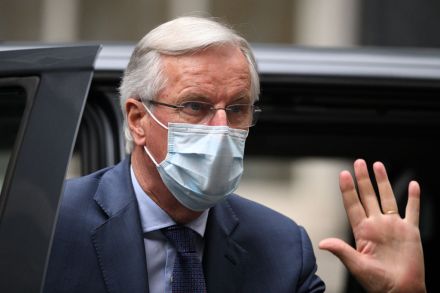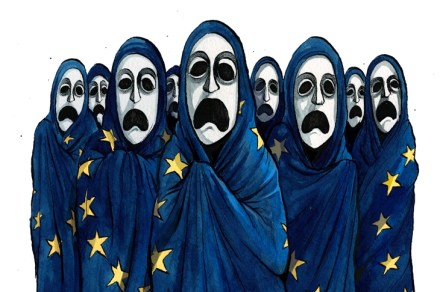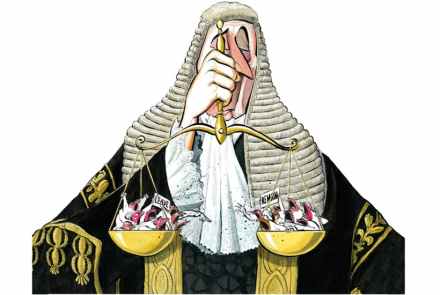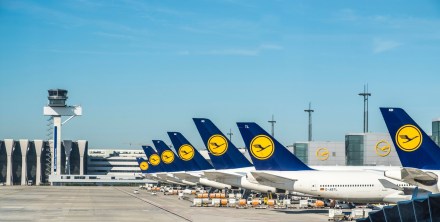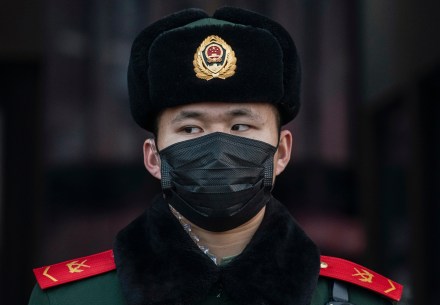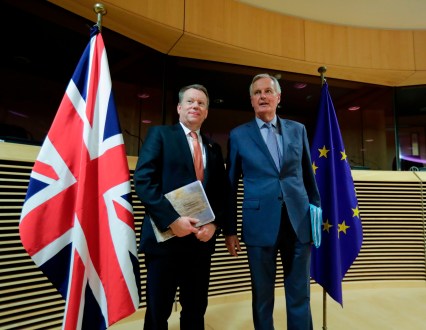We should not accept Brexit in name only
Given the seemingly highly technical nature of the current negotiations, members of the public who have normal lives to lead might be forgiven for thinking that the same issues are still being debated after more than four years. They might be forgiven for thinking this as much of the media, including the BBC, are happy simply to parrot the official line coming from Brussels: that this is just about compromise, both sides making necessary adjustments, and the EU simply acting in a normal and rational way. Rational it may be. Normal it is not. The EU is being rational in ruthlessly pursuing its own interests. But it is entirely abnormal
